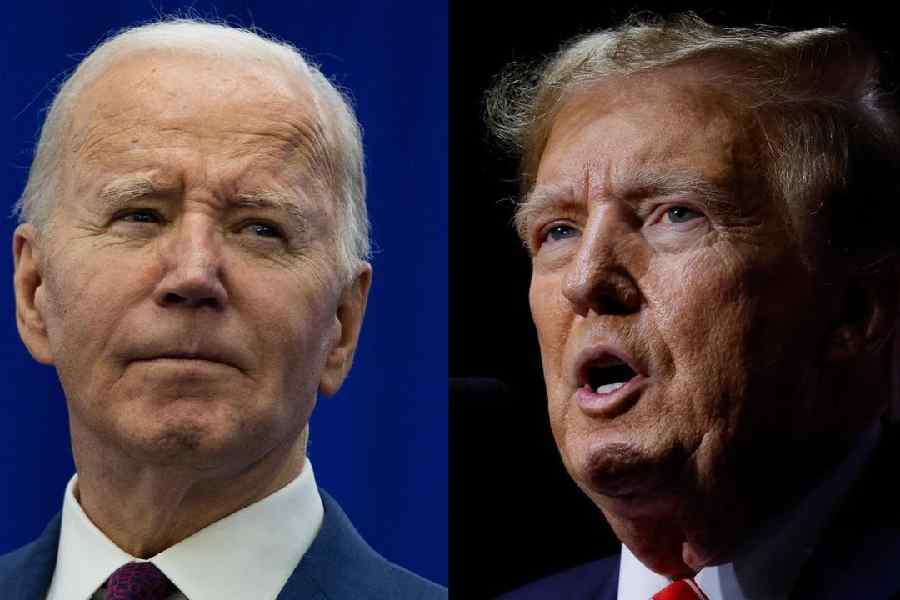As the North Atlantic Treaty Organization celebrated its 75th birthday in Washington D.C. this week, another number hung over the proceedings, forcing the alliance to confront uneasy questions over its future — 81, the age of President Joe Biden of the United States of America who is combating a torrent of calls from long-time supporters, including elected representatives, to drop his campaign for re-election in November amid growing concerns over his mental acuity. Mr Biden has led NATO through its biggest challenge since the end of the Cold War, marshalling the alliance against Russia’s invasion of Ukraine. That support, driven by US military and financial assistance to Ukraine and complemented by many of NATO’s European members, has helped Kyiv stall Russia’s advances. This period has also seen NATO expand, with previously neutral Finland and Sweden joining the alliance. Non-US members of the group have dramatically raised their military spending as a fraction of their GDP, addressing a long-standing grievance in Washington — and a pet peeve of the former US president, Donald Trump, who seems set to be the Republican nominee in the November election.
Predictably, Mr Biden doubled down on these victories at the Washington summit where NATO promised $43 billion in fresh aid to Ukraine along with a slew of weapons. NATO also made it clear that Ukraine was on track to becoming a member of the alliance. Russia’s war in Ukraine has given the alliance fresh legitimacy three decades after the collapse of the Soviet Union; so much so that the alliance is increasingly flexing its muscle against China too. In Washington, NATO accused Beijing of propping up Moscow’s war while hosting leaders of Indo-Pacific nations, signalling a readiness to expand its footprint in a region where the US and China are increasingly battling for influence.
Yet, if NATO is the theatre of some of Mr Biden’s biggest successes as president, it is also the institution where his legacy could soon be most in the balance. Most polls show Mr Biden trailing Mr Trump in a November matchup, especially in battleground states that could determine the outcome of the presidential election. That gap has widened since Mr Biden’s disastrous debate performance in June where he was often incoherent or inaudible. Mr Trump, meanwhile, has repeatedly criticised NATO and questioned its support for Ukraine. A win for Mr Trump could fundamentally test NATO and its backing of Ukraine, a fact that is not lost on alliance leaders many of whom publicly defended Mr Biden’s recent slip-ups during their Washington visit. In an embarrassing continuation of his gaffes, Mr Biden accidentally introduced the Ukrainian president, Volodymyr Zelensky, as his arch-adversary, the Russian president, Vladimir Putin. Mr Zelensky, who was standing nearby, took the faux pas in sporting spirits. But if these blunders cost Mr Biden his presidency to Mr Trump four months from now, few in NATO will be smiling.











